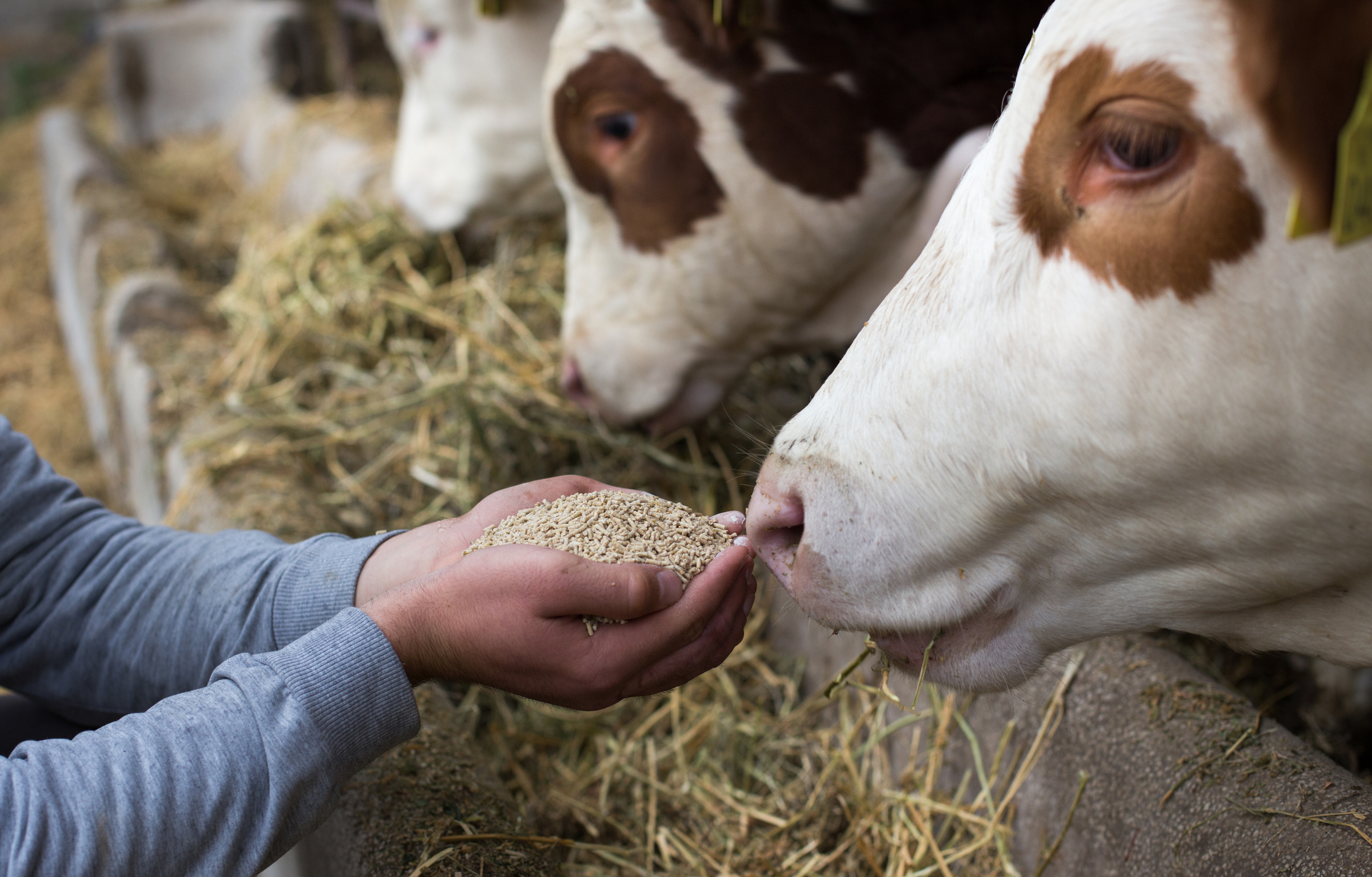Working with livestock is one of the oldest and most rewarding ways to earn a living in the UK. It is also one of the most demanding. Early mornings, tough weather, and long days are part of the package. Yet so is the satisfaction of caring for animals, working outdoors, and seeing the results of your effort in real, tangible ways.
This guide is here to show you what livestock careers look like in the UK today. From entry-level roles through to specialist technical jobs, training pathways, and long-term prospects, it breaks down what you need to know if you are thinking about stepping into this world.
What Counts as a Livestock Career?
The most common starting point is the farm worker or stockperson. These roles cover daily feeding, bedding, moving stock, mucking out, and basic health checks. In dairy, you might be focused on milking routines and calf rearing, while in beef and sheep you could be helping with calving, lambing, and grazing management.
From there, you can progress into more specialist jobs:
Herdspersons take responsibility for herd health and fertility.
Shepherds manage flocks, grazing, and lambing cycles.
Pig and poultry technicians oversee unit systems, from feeding to ventilation.
Specialist roles like hoof trimming, mobility scoring, or TB testing provide vital services across the industry.
Beyond the farm, opportunities exist in assurance schemes, livestock markets, feed companies, genetics, and supply chains. The livestock sector is a broad ecosystem, and skilled people are always in demand.
What Daily Life Looks Like
Working with animals is never boring. In dairy, your day might begin before sunrise with milking, calf feeding, and checking cow health. In sheep or beef systems, you will spend time moving animals between pastures, weighing, vaccinating, or preparing for lambing and calving. Poultry technicians carry out daily welfare checks, monitor ventilation systems, and ensure biosecurity protocols are followed.
Every role involves routine tasks, but observation and decision-making are just as important. Spotting a lame cow, a coughing calf, or a stressed flock can make the difference between minor treatment and a major outbreak. Good stockmanship is about being alert, calm, and consistent.
Skills That Employers Value
While practical handling skills are essential, employers also look for:
Animal welfare knowledge, especially the five welfare needs set out in UK law.
Record keeping and digital literacy, from EID tagging to farm management apps.
Biosecurity awareness, including vaccination plans and hygiene routines.
Machinery competence, such as telehandler or ATV tickets.
Teamwork and communication, since most roles involve close collaboration with farmers, vets, and inspectors.
In short, if you can combine compassion for animals with professionalism and reliability, you will stand out.
Training and Pathways
There are many ways into livestock farming, even if you are not from a farming background.
Apprenticeships: The Level 2 Stockperson standard is the entry route for beginners, covering beef, dairy, pigs, and sheep. From there, the Level 3 Livestock Unit Technician builds supervisory skills. Poultry apprenticeships follow similar levels, supported by the Poultry Passport scheme.
Specialist certifications: Roles like Approved Tuberculin Tester (ATT), mobility scorer, or hoof trimmer require extra training but can open up well-paid and flexible careers.
College and university: Diplomas and degrees in agriculture or livestock science provide structured learning with placements.
Short courses: Tickets in telehandler driving, ATV handling, or animal welfare codes are short, affordable ways to boost employability.
Pay, Hours, and Career Progression
Most entry-level livestock roles, such as stockperson or general farm worker, start around £25,000 a year. With experience and responsibility, pay tends to rise into the £26,500 to £29,000 range, especially in dairy and poultry, where demand for skilled staff is strong. Supervisory or specialist roles, like herdspersons, mobility scorers or hoof trimmers, can push into the low £30,000s and sometimes beyond, depending on the farm and region.
Hours are not a neat nine-to-five. Expect early starts, weekend shifts, and seasonal peaks around lambing and calving. In return, many farms offer benefits such as on-site accommodation, use of vehicles, and overtime pay. For some, these extras make a big difference to overall take-home value.
Progression is there for those who want it. Many people begin as stockhands and move quickly into team leader or unit technician positions. Others branch into technical or advisory careers, where specialist skills like hoof trimming, TB testing, or welfare auditing can open up higher pay and more flexible working patterns.
Challenges to Be Aware Of
Livestock farming is not for everyone. It is physically demanding, it requires resilience, and it comes with responsibility for animal welfare every single day. You will need to adapt to unpredictable weather, paperwork from assurance schemes, and the pressure of tight margins. At the same time, the work is varied, purposeful, and deeply rewarding for those who thrive outdoors.
Frequently Asked Questions
Do I need experience to start?
No. Apprenticeships and entry-level roles are designed for newcomers. Enthusiasm and a willingness to learn are most important.
What tickets should I get first?
Telehandler and ATV certificates are common requirements. For dairy, mobility scoring is valuable. For poultry, the Poultry Passport is essential.
Is there progression?
Yes. Many stockpeople move into supervisory or management roles within a few years. Others branch into specialist technical jobs or advisory positions.
Do I need a farming background?
Not at all. Many successful stockpeople and technicians started from scratch and built their careers through apprenticeships and training.
Final Thoughts
The UK livestock sector needs motivated people. Whether you are drawn to caring for animals, working outdoors, or finding a career with purpose, livestock farming offers a pathway. It will test you, but it will also give you skills, confidence, and experiences few other jobs can match.
At Agricultural Recruitment Specialists, we help connect people with roles across the livestock industry, from hands-on farm work to technical and advisory positions. If you are ready to take your first step, explore our latest opportunities today.













